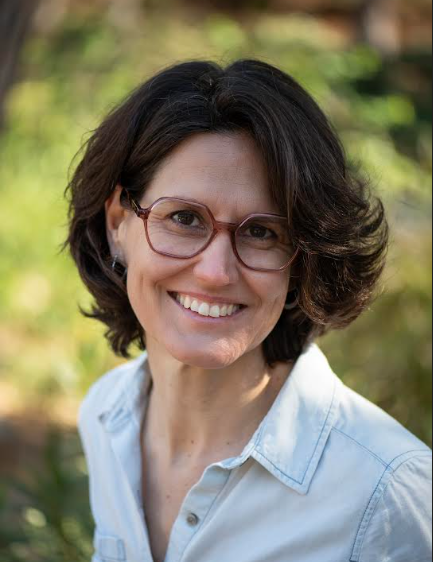- Home
- Events
- Event Calendar
- [GALA Valencia 2024] Interpreting in the U.S.: Is an Off-shore Future Inevitable? What would THAT mean?
[GALA Valencia 2024] Interpreting in the U.S.: Is an Off-shore Future Inevitable? What would THAT mean?
Off-shoring is a growing trend for the provision of interpreting services in the United States. The implications of resorting to (long-distance) remote interpreting are varied and complex and include increasing price pressures alongside the commoditization of an essential service. Is the industry dancing on its own grave? The concern is twofold: a race to the bottom affects domestic wage levels molding an unsustainable market and it can potentially grind down social justice (painstakingly conquered) feats in the field of language access.
The numbers are telling. Language Services in North America is a $18.7 billion industry (NIMDZI, July 2021) and most well-established language service companies are thriving today. The industry has seen extraordinary growth, yet interpreter pay has barely kept pace with inflation: from $15 per hour in 2000 (Bureau of Labor Statistics, 2002) to only $25.79 twenty-two years later (Bureau of Labor Statistics, 2024). Understandably, all too frequently, interpreting among onshore free-lancers is viewed not as a career, but as part-time, supplemental work.
This presentation is an invitation to reflect on the multifaceted components of the interpreting industry, its very real downward leverages, and its very available upward ones. We address the question: what must the industry seriously consider to ensure its own long-term viability? Differentiation through cost only, we argue, might bring immediate rewards to some, but it is an eroding strategy for all in the long run. Whether upstream or downstream, all stakeholders share the responsibility for the shape the river takes. We suggest that strategic differentiation alternatives ought to lead to new generative streams.
Host organization: Globalization and Localization Association
Event Speakers

John Arroyave
Cross-Cultural Communications
John Arroyave, CCC Director As a first generation Colombian-American, John has interpreted since he was a child. Keenly aware of how communication impacts access to community services, John is a passionate advocate for ensuring that interpreters are screened, trained and qualified. A graduate of the University of Florida, with an MBA from The Fuqua School of Business at Duke University, John has previously advised executives on organizational structure, change management, and process improvement projects. At BlueNovo, a boutique healthcare consultancy focused on serving Federally Qualified Healthcare Clinics, John project-managed the deployment of Electronic Health Records in ambulatory health clinics in addition to other large-scale change management initiatives that directly impacted the quality of care these organizations provided. At Infosys, John worked with large-scale enterprise corporate clients helping to deploy technology solutions and services at multi-billion-dollar corporations across Mexico and the U.S. Always passionately interested in “T&I,” five years ago John took over the LSP his dear late sister founded in Florida. And in 2022 John became the Director at Cross-Cultural Communications.

Sofia Garcia-Beyaert
Universitat Autònoma de Barcelona
Sofía García Beyaert, PhD is assistant professor at the Department of Translation, Interpreting and East Asian Studies (DTIEAO) at the Universitat Autònoma de Barcelona. She has been a member of the publicly funded research group MIRAS since 2010 and a Serra Húnter Fellow since 2020. She earned her doctorate in public policy after focusing in translation and interpreting for her undergraduate studies. Her work has revolved around the field of public services and community interpreting, yielding the co-authorship of the foundational textbook 'The Community Interpreter: An International Textbook' as well as several influential scholarly publications and educational materials.


